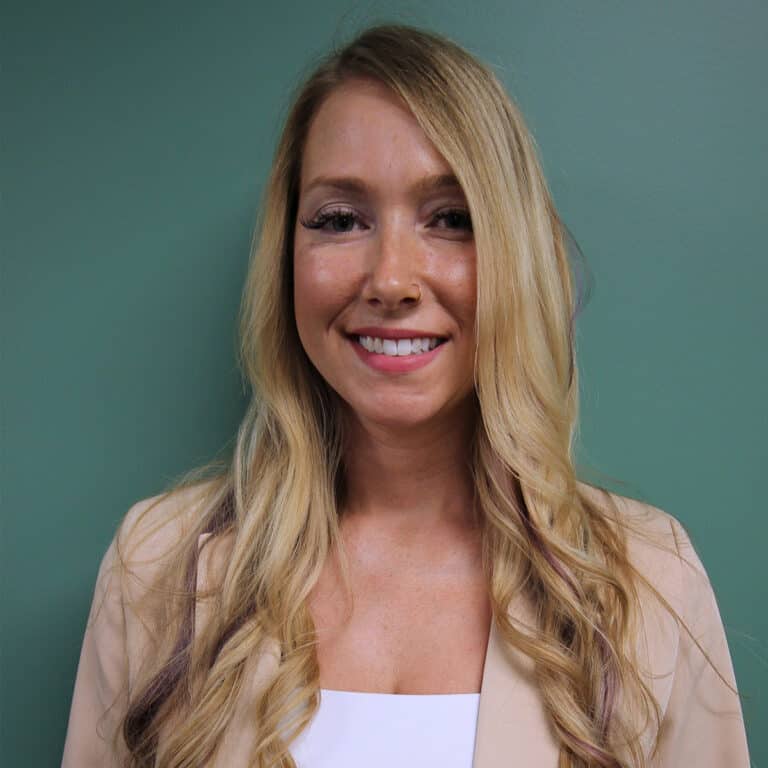What is Dual Diagnosis?
Dual diagnosis treatment centers Massachusetts, also known as co-occurring disorders, refers to the presence of both a substance use disorder and a mental health disorder in an individual. This term is used when two or more disorders occur at the same time and interact with each other, causing significant distress and impairment in daily functioning.
This can involve any combination of substance use disorder and mental illness. For example, individuals who are struggling with depression may turn to alcohol to cope, or individuals abusing cocaine may develop anxiety.
Individuals with both mental health and addiction challenges face unique challenges in their treatment and recovery journey. They may struggle with managing symptoms of both disorders, finding appropriate support, or relapsing due to the complex nature of their conditions. Therefore, specialized treatment is crucial to address both disorders and promote long-term recovery.
What to Expect During Dual Diagnosis Treatment Centers Massachusetts
At our dual diagnosis treatment center in Massachusetts, we offer a comprehensive and individualized approach to treating co-occurring disorders.
Our team of experienced professionals will conduct a thorough evaluation to assess the extent and severity of each disorder and develop a personalized treatment plan that addresses both conditions simultaneously. Treatment at our facility may include:
Substance Abuse Treatment
We offer evidence-based therapies and treatments to help individuals overcome addiction and to treat co-occurring disorders. This includes individual counseling, group therapy, 12-step facilitation, medication management, and medication-assisted treatment (MAT) when necessary to help manage withdrawal symptoms.
Mental Health Treatment
At our Massachusetts addiction recovery center, we also provide a range of evidence-based therapies for mental disorders. This includes cognitive-behavioral therapy (CBT), dialectical behavior therapy (DBT), and trauma-focused therapy. Our treatment center also offers medication management when needed for a mental health condition.
Integrated Treatment Approach
At our center, we believe that treating co-occurring disorders requires an integrated approach that addresses the complex nature of each disorder. Our team works together to coordinate care and ensure that both disorders are treated simultaneously. This approach can also help individuals develop coping strategies for managing symptoms of both disorders and prevent relapse.
Request a 100% Confidential Callback
If you or a loved one are struggling with substance abuse and mental health problems, contact our drug and alcohol rehab center in the Greater Boston area to talk confidentially with an addiction specialist. For immediate help, call (978) 878-3677 or fill out the form below, and we will get back to you as soon as possible.
"*" indicates required fields
Can Dual Diagnosis Treatment Help with My Mental Health Disorder?
Dual diagnosis treatment can help individuals manage their mental disorders while also addressing addiction issues. By treating both conditions simultaneously, individuals can experience improved overall mental and physical health and a reduced risk of relapse.
Additionally, our team is equipped to support individuals with managing symptoms of their mental disorder and providing appropriate resources for ongoing care after treatment.
Common co-occurring mental health disorders addressed during substance abuse treatment include:
- Generalized anxiety disorder
- Borderline personality disorder
- Post-traumatic stress disorder (PTSD)
- Bipolar disorder
- Major depressive disorder
- Obsessive-compulsive disorder (OCD)
How Much Does a Dual Diagnosis Treatment Centers Massachussets Cost?
The cost of treatment for addiction and co-occurring mental health issues can vary depending on the type and length of treatment, level of care needed, and individual insurance coverage. For example, outpatient services are often less expensive than inpatient treatment since the 24-hour services provided in residential treatment are not necessary in an outpatient setting.
Insurance policies often cover at least part of the cost of treating addiction and co-occurring disorders. Different providers may cover different services, however, so make sure to check your policy to see what your provider covers.
Our treatment center is dedicated to providing affordable and accessible addiction treatment for individuals struggling with mental issues and alcohol or drug addiction. Reach out to our treatment team if you need help navigating your health insurance policy, or if you don’t have insurance coverage, let us know so we can help you explore financial alternatives.
How Long Are Dual Diagnosis Treatment Centers Massachusetts?
The length of mental health treatment programs can vary depending on individual needs and the severity of their condition. Some individuals may benefit from a short-term program, while others may require more extended periods of care to achieve sustained recovery.
Factors that may contribute to how long a treatment program lasts include the severity of the mental disorder, the progress made in treatment, and any co-occurring disorders that may prolong the treatment process.
At our addiction treatment center, we offer various levels of care to fit individual needs, including partial hospitalization programs and intensive outpatient treatment to meet the unique needs of each individual. Our team will work closely with you to create a personalized plan that fits your specific goals and circumstances.
Get Answers to Your Questions Now
Resources for Substance Use Disorder in Massachusetts
If you or a loved one is struggling with addiction and need immediate help, help is available. There are addiction recovery centers that offer treatment for drug and alcohol abuse, mental health resources, and options for treating both at the same time. Resources in Massachusetts include:
Substance Abuse and Mental Health Services Administration (SAMHSA)
SAMHSA provides a wide range of information and educational resources about substance abuse. Additionally, they provide a treatment locator tool that helps individuals find treatment centers near them to help with addiction. Whether searching for a residential program or outpatient services, you can enter your zip code and find options at a treatment center nearest you.
Narcotics Anonymous (NA) and Alcoholics Anonymous (AA)
NA and AA are 12-step programs that provide support for individuals seeking recovery from substance use. These peer-led groups offer a supportive community of individuals who understand the challenges of addiction and can provide guidance and encouragement throughout the recovery journey. Meetings are available in various locations across Massachusetts. You can find AA meetings and NA meetings on their respective sites.
Massachusetts Substance Use Helpline
The Massachusetts Substance Use Helpline is a free, confidential resource for individuals seeking addiction treatment. Trained specialists are available 24/7 to provide support, resources, and referrals to treatment programs and services in Massachusetts. You can visit their website or text “HOPE” to 800327 to get started or learn more.
Start Addiction Treatment for Substance Abuse and Co-Occurring Disorders Today
Our addiction treatment center in Massachusetts provides addiction treatment for substance use disorder and co-occurring mental illness. If you or a loved one are struggling with alcohol or drug abuse and mental health symptoms, reach out to us via our online contact form or by calling (978) 878-3677.
We provide a range of outpatient treatment options for individuals, including partial hospitalization and intensive outpatient programs, to ensure comprehensive care for individuals at all stages of the recovery journey. We tailor each individualized treatment plan to our patient’s unique needs, circumstances, and goals.
Our treatment team is more than happy to answer any questions you have about our options for treating addiction and co-occurring disorders. We are dedicated to long-term addiction recovery and relapse prevention, and we are here to support you every step of the way.



